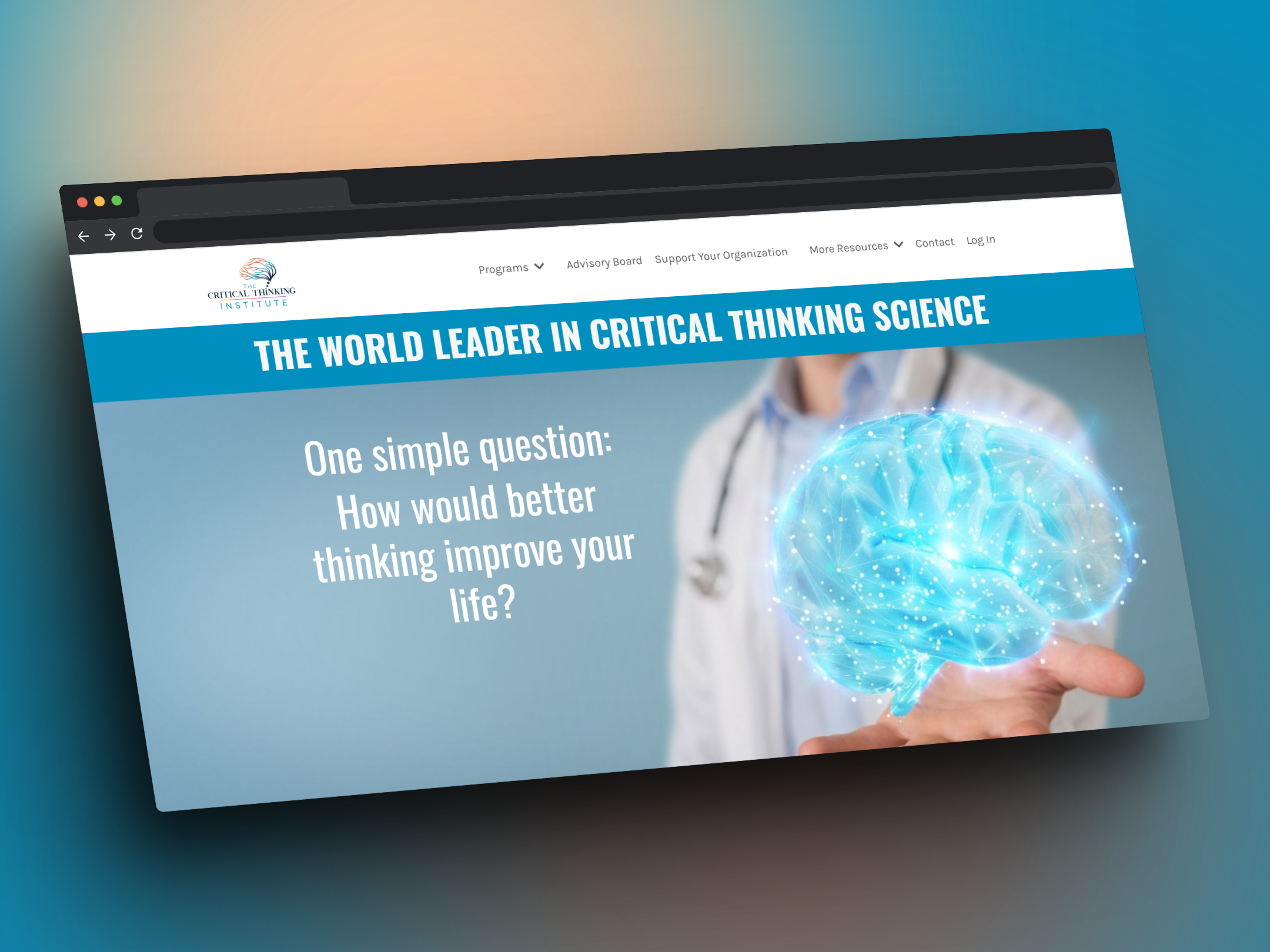Critical thinking is the mental process of actively and analytically observing, understanding, and evaluating information to reach a well-justified conclusion, ultimately striving for "truths".
But what are the basics of this vital skill, and how can we apply it in real-life scenarios?
That’s what you're here to learn.
The Basics of Critical Thinking
Critical thinking involves several key elements:
Clarity: Clear thinking means asking precise questions and providing coherent explanations.
Accuracy: Accurate thinking involves checking facts and using reliable sources.
Critical thinking is not an innate ability, but a skill that can be learned and developed. Ignorance of its importance and application may block your path to success.
Precision: Precise thinking requires details and specificities to avoid generalizations.
Relevance: Relevant thinking focuses on the task at hand and filters out unnecessary information.
Depth: Deep thinking goes beyond the surface, exploring underlying complexities.
With these elements in mind, let’s explore some practical use cases for critical thinking.

Copyright, The Critical Thinking Institute, website homepage. So, apparently, there's an entire "Critical Thinking Institute". I didn't know it existed, did you?
Practical use-Cases for Critical Thinking
Decision Making
Whether it’s choosing a career path or selecting a vendor for your business, critical thinking helps you weigh the pros and cons, and consider the implications of each option.
Problem-Solving
Critical thinking allows you to analyze problems, identify potential solutions, and predict their outcomes.
Teamwork: Critical thinking in a team setting can help identify each team member’s strengths and weaknesses, allocate tasks effectively, and manage conflicts.
Leadership: Leaders who think critically can make informed decisions, anticipate challenges, and inspire others to think critically as well.
But now that you’re aware, you can make a conscious effort to apply critical thinking in different aspects of your life.
Never stop learning, because life never stops teaching!
